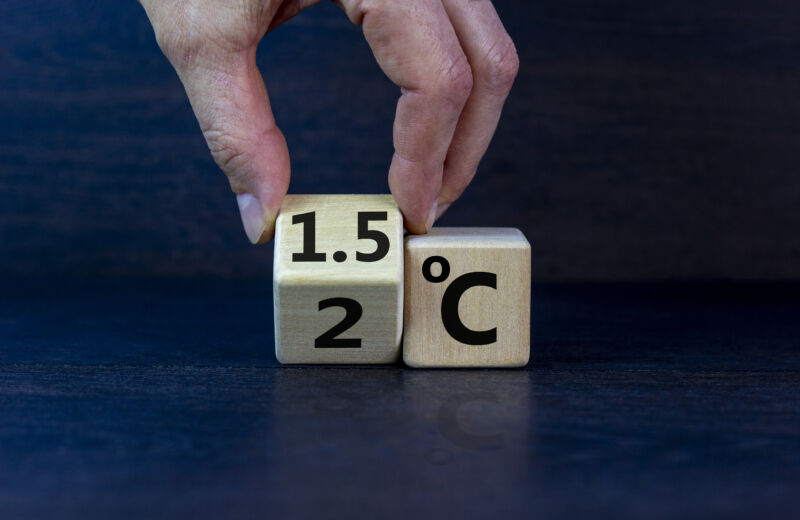Auto industry has a lot of work to do to meet climate goals, report says

Enlarge (credit: GETTY IMAGES)
Building more EVs is a start, but the automotive industry needs to rapidly decarbonize its supply chains if it wants to stand any chance of meeting the 1.5C climate goal, according to a new study conducted by the consulting company Kearny on behalf of EV startups Polestar and Rivian. "Car companies may be on different paths when it comes to brand, design, and business strategies, and some won't even admit that the road to the future is electric. I believe it is, and that the climate crisis is a shared responsibility-we must look beyond tailpipe emissions," said Fredrika Klaren, Polestar's head of sustainability.
Around the world, electric vehicle adoption is accelerating. EV sales in 2021 were already strong enough to cause the International Energy Agency to declare them a rare bright spot in terms of decarbonization, and 2022 saw sales accelerate by 55 percent year-on-year. Battery EVs accounted for almost 10 percent of all new light passenger vehicle sales last year, with nearly 7.7 million deliveries.
As automakers replace old internal combustion engine models with new BEV versions, the companies' corporate carbon footprints should shrink. As we explored last year, it only takes about two years for a BEV to beat a gasoline-burning car in terms of carbon footprint, as the BEV's vastly better efficiency overrides the fact that it's more energy-intensive to build.